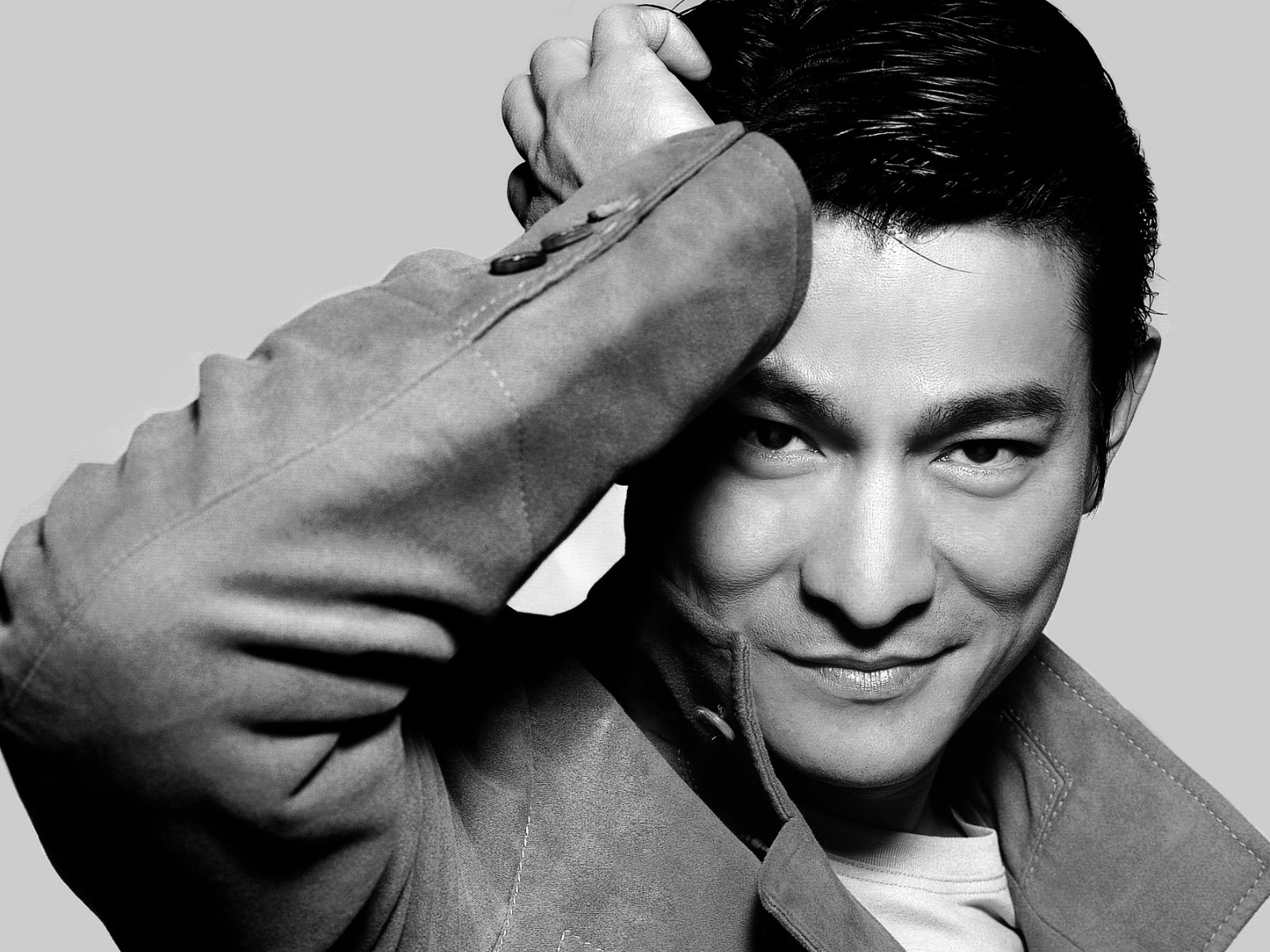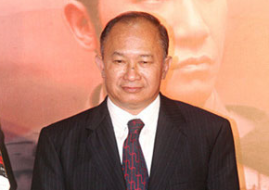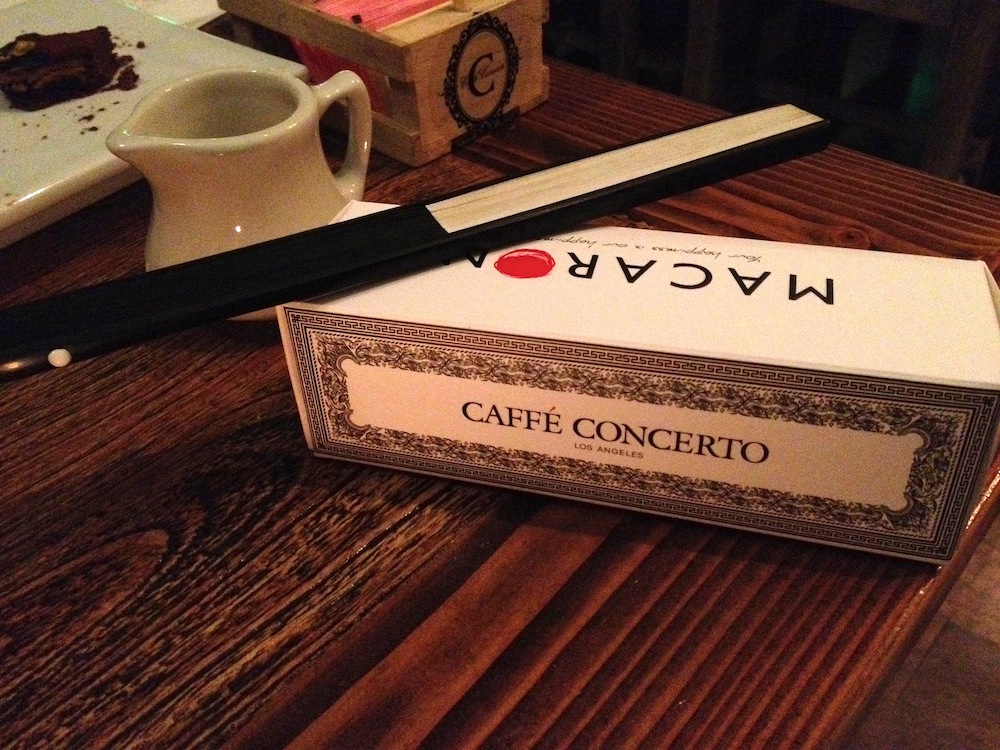Asian Values Via The Movies
If we base what we know of the people of Hong Kong only on what is portrayed in Cantonese movies and television soap operas, they would be the most unlikely people on earth to come out for mass demonstrations, marches and candle-light vigils.
[Malaysiakini.com]
In those popular movies and soap operas, Hong Kong people are shown to be individualistic, hedonistic, greedy, opportunistic and politically apathetic.
According to certain advocates of ‘Asian values’, Asians – particularly the Chinese in Hong Kong – culturally value ‘community’ and ‘order and stability’ over democracy, human rights and individual freedoms. However, the recent upsurge of direct actions on the streets of Hong Kong has certainly shattered that popular myth and stereotype image of the people of Hong Kong.
Recently, several thousand people in Hong Kong again gathered peacefully in this Chinese-predominated former British colony to press for greater democratisation, human rights and governmental accountability.
Besides expressing their opposition to a controversial anti-subversion law said to have been imposed by Beijing, the demonstrators also demanded for direct election for the people to choose the chief executive. Under the Basic Law (the mini constitution of Hong Kong), the chief executive of the government is appointed by Beijing.
That was the third massive but peaceful anti-government demonstration in Hong Kong this month. On July 1, about 500,000 people took part in a march, and another 50,000 turned out for a candle light vigil outside the legislative council eight days later.
As a matter of historical record, the people of Hong Kong had also turned out by the thousands to hold solidarity marches, demonstrations and candle light vigils in support of the citizens and students of Beijing, while they were gathering at Tiananmen Square in May and June 1989 to demand political reform.
Ever since the Tiananmen Massacre on June 4, 1989, the people of Hong Kong have held indoor and outdoor memorial services every year to shame those who were responsible and to honour the ‘martyrs of Tiananmen’.
One striking feature of such demonstrations in Hong Hong is that they are, by and large, free of trouble. The police are only at the events to maintain public order and traffic flow, and do not fire tear gas or use water canons on the demonstrators.
A distant aunt who has been living in Hong Kong for the past 30 years once told me during her visit to Malaysia, that Hong Kong is “the school of freedom for mainland China “. She told me that she also joined in the July 1 demonstration with her whole family, including her 11-year old grandson and his parents.
Indeed, the freedom enjoyed by the people of Hong Kong has not brought chaos, disorder and backwardness. On the contrary, it ensures that the society is open, competitive, lively and tolerant enough for vibrant business, cultural, intellectual and political activities.
One of the guardians of freedom in Hong Kong is undoubtedly its free media. For example, in the recent demonstrations, many Hong Kong newspapers publicly supported the democratic causes and demands of the protestors. Of course, Hong Kong is also free enough to tolerate pro-Beijing newspapers now. This was true even before 1997, when it was still technically a British colony.
It is particularly noteworthy that Hong Kong people are now no longer attracted by the diversionary and illusionary ethno-nationalism once fanned by Beijing to attempt to halt democratic progress and popular demands for political liberalisation.
Note: James Wong is the chief analyst at Strategic Analysis Malaysia, and the above article was first published by Malaysiakini.com
[Lee Kuan Yew is one of the strongest advocates of Asian Values. Three weeks ago, Singapore’s prime minister Goh Chok Tong signalled the Singapore government was prepared to accept homosexuals in the civil service. Previously, there was no place for homosexuals in Asian Values. There is still no space for public protest or a free independent press in Singapore. Singapore also has an Internal Security Act which allows the government to arrest and detain anyone they perceive a threat indefinitely without trial.]





















